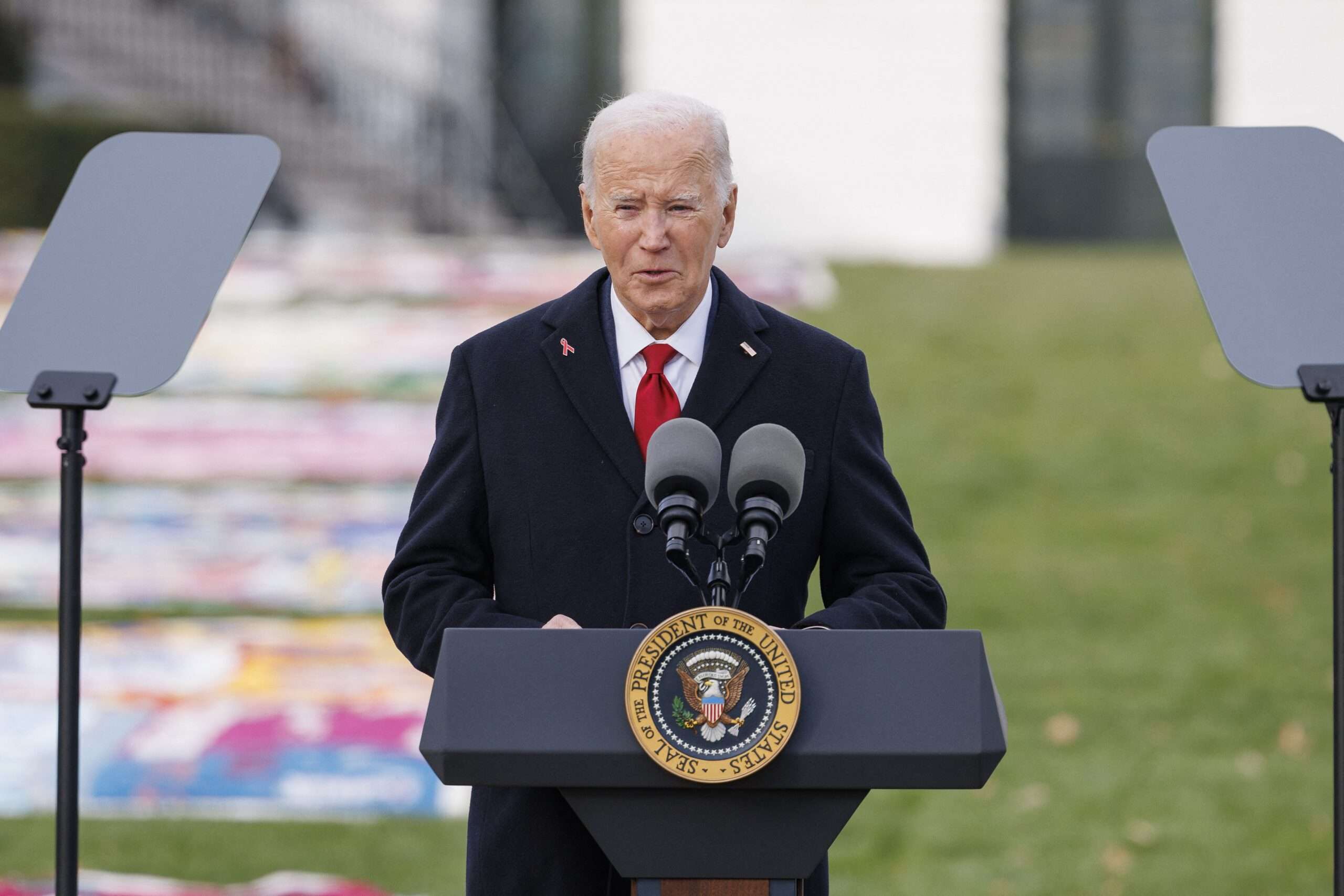Following Hunter’s Pardon, Joe Biden Should Advocate for Reducing Government Power Overreach
In recent years, there has been a convergence of sentiments among political adversaries regarding the misuse of federal government power for partisan agendas. Both supporters of former President Donald Trump and President Joe Biden have expressed discontent regarding the way governmental authority has been deployed to manipulate political outcomes. This bipartisan recognition of the abuse of power has emerged amid ongoing debates about the Federal Bureau of Investigation (FBI), the Department of Justice, and various governmental agencies that appear to be weaponized to pursue political ends. Despite their differences, both sides agree that the integrity of governmental functions has been compromised, highlighting a significant issue that cuts across party lines.
Marc Andreessen, a renowned venture capitalist and technology entrepreneur, recently voiced alarm over regulatory ambitions, particularly regarding artificial intelligence companies. In a conversation with Joe Rogan, he articulated concerns that government regulators are intent on establishing strict control over a few large tech firms, thereby stifling innovation and detracting from entrepreneurial spirit. He likened the current governmental strategy to China’s approach to state control, suggesting that regulators have signaled a discouragement of new startups. His remarks resonate with sentiments prevalent among Trump’s allies, reinforcing fears of overreach and manipulation of regulations in pursuit of political conformity and control.
The issue of politicization extends beyond rhetoric; it has tangible implications for individuals affected by regulatory actions. Following recent pardons granted to Hunter Biden, President Biden claimed that his son’s prosecution was the result of politically motivated efforts to undermine him. His remarks acknowledge the potential for corruption within governmental processes and suggest that powerful figures can weaponize these institutions against perceived adversaries. Although skepticism surrounds Biden’s framing of the situation as politically driven, the admission that governmental agencies can be misused marks a noteworthy development in the discourse on political accountability.
Andreessen further elaborated on how politicking affects financial practices by bringing attention to the concept of “debanking” — the denial of financial services to individuals or entities deemed undesirable due to their political affiliations. In a recounting of instances where conservative thinkers have faced restrictions from financial institutions, he highlighted a broader trend wherein regulatory pressures lead to discriminatory practices. Such tactics echo past initiatives like Operation Choke Point, which pressured banks to sever ties with specific legal industries. The continuing nature of such practices underscores a dangerous trend where regulatory frameworks become tools for political ends instead of impartial governance.
The conversation raises important questions about the future of bureaucratic practices in the United States, particularly regarding the incoming Trump administration’s approach to regulatory power. J.D. Vance’s previous declarations about reshaping the administrative state in favor of political allies reflect a broader intent to seize control of regulatory processes, much like those the current administration is accused of employing. However, new proposals aimed at dismantling excessive government reach — such as the establishment of the Department of Government Efficiency under figures like Elon Musk and Vivek Ramaswamy — suggest there may be an opportunity for a reevaluation of how governmental power is exercised.
Ultimately, the growing consensus on the abuse of government power may pave the way for necessary reforms aimed at curtailing such practices. If both the Trump and Biden administrations can acknowledge the necessity for proper checks against the misuse of authority, there may be a chance for significant policy shifts that protect individual liberties and promote accountability within governmental agencies. The future may hinge on whether those in power can move beyond mere rhetoric and genuinely commit to reforming a system that has seen its authority misapplied for partisan objectives.
Share this content:












Post Comment